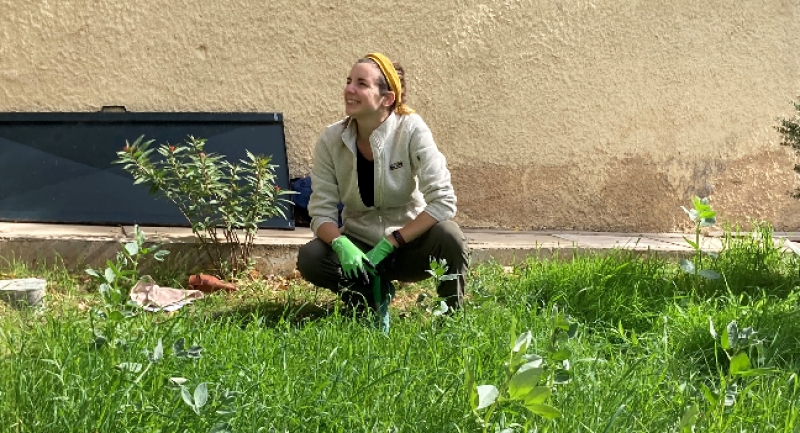I am an American citizen. How may I apply for a Fulbright grant to teach, study, or conduct research in Greece?
You may apply for these grants through the Institute for International Education (IIE) https://us.fulbrightonline.org (students) or https://fulbrightscholars.org/ (academics, professionals, and artists).
A letter of invitation is required. Who arranges the affiliations?
A letter of invitation/affiliation from a Greek Institution is strongly encouraged and should be submitted as part of the Fulbright application. The applicant must arrange his/her academic affiliation in Greece prior to applying for a Fulbright grant. The Foundation can assist in identifying possible affiliations but the candidate must make contacts and arrangements.
Who selects the grantees?
The first screening is done at IIE by a team of scholars and specialists in the relevant disciplines. The selection committee at the Fulbright program in Greece then reviews the qualified applicants forwarded by IIE and selects grantees. The process is rather lengthy and the grants are announced in the month of March preceding the grant year.
I am applying for a teaching grant. Must I speak Greek?
Awards specify language requirements. If your host is willing to accommodate you without your knowing Greek for a "classroom" setting, then he/she is obliged to provide translating assistance to you if necessary.
If I am awarded a grant to teach and/or conduct research in Greece, when may I begin my stay in Greece?
Grants commence at the beginning of each academic semester – October and February. Although you must specify proposed dates on your application, these might change in agreement with your Greek host. As the Foundation is responsible for arranging your travel plans, it is best to confirm travel dates as early as possible. Changes can be accommodated as airline flexibility and aviation rules allow.
Is the money I receive from the grant sufficient to cover my expenses throughout my stay?
Normally, grant money covers basic food, lodging, and ordinary daily expenses of the grantee and one dependent. If you plan to bring your family, you must budget more carefully. Tuition for children's schooling must be calculated to determine full costs. If grantees choose to rent a car or live in housing "beyond the basics," they may have to budget more funds than the grant provides.
How can I find housing?
The Foundation provides information to help you find housing. Grantees are also advised when possible also request the assistance of their hosts. We do not recommend that you rent an apartment before you get to see it firsthand.
How can I find out about cultural events, entertainment, and other activities where I will be living?
There are a number of publications and websites in English and Greek that list movies, theater, music, sports, and dining. Fulbright staff can also assist grantees in finding out about activities or events not easily located. In addition, your name can be listed with the U.S. Embassy in Athens or the U.S. Consulate in Thessaloniki should you wish to be informed about embassy events.
How will I find my way around the university and learn about my various duties?
A faculty member, often the department head who has arranged for your invitation/affiliation, is responsible for informing you about teaching duties, office space, libraries, exams, grading, and other particulars. You should contact this person directly before your program commences.
To what disciplines and projects does the Fulbright Foundation offer scholarships?
The Foundation offers scholarships in a variety of disciplines and supports many different research and art projects. To check out a list of scholarships awarded in previous years please visit https://www.fulbright.gr/en/alumni

